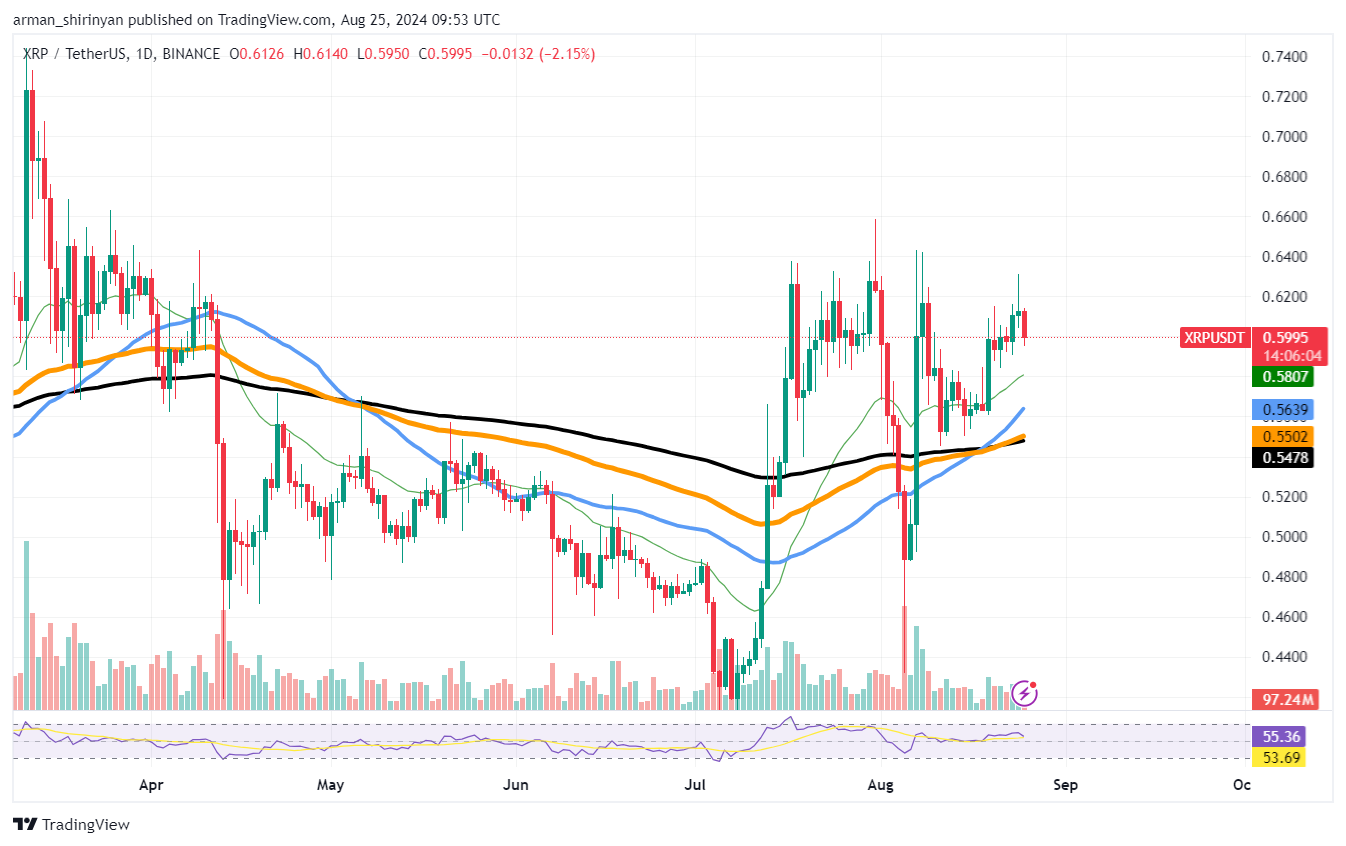KuCoin, one of the world’s largest crypto trading platforms, along with its founders Chun Gan (also known as “Michael”) and Ke Tang (also known as “Eric”), have been criminally charged by US regulators. The charges arose from allegations of operating without the proper licensure and failing to adhere to the Bank Secrecy Act, particularly concerning anti-money laundering (AML) measures. They might face around 5-10 years in prison.
KuCoin Intentionally Evaded US Laws
KuCoin, led by Gan and Tang, is accused of intentionally ignoring U.S. laws that fight against money laundering and terrorist funding. Since it started in 2017, KuCoin aimed to attract U.S. customers to become one of the top global cryptocurrency exchanges, with its trading volumes reaching billions daily and trillions every year. However, it’s alleged that this impressive growth was achieved by not following important U.S. rules against money laundering.
U.S. Attorney Damian Williams pointed out that KuCoin and its founders purposely made it hard to see that U.S. users were trading on their platform. This secrecy and their failure to follow basic anti-money laundering (AML) rules meant KuCoin could work in a way that wasn’t fully legal, potentially allowing the movement of illegal money. The exchange is said to have handled over $9 billion in funds that were suspicious or came from crime.
The press release said, “Today’s Indictment should send a clear message to other crypto exchanges: if you plan to serve U.S. customers, you must follow U.S. law, plain and simple.”
According to officials, KuCoin was obligated to adhere to regulations that prevent money laundering, including registering with U.S. financial authorities like the Financial Crimes Enforcement Network (FinCEN) and the Commodity and Futures Trading Commission (CFTC). These regulations are in place to ensure that businesses like KuCoin verify who their customers are to prevent illegal activities such as money laundering.
Despite these clear requirements, KuCoin’s founders, Chun Gan and Ke Tang, along with the company itself, are accused of avoiding these legal obligations. It wasn’t until July 2023, when KuCoin became aware of a federal criminal investigation, that the company started asking new customers for identification.
However, this action was too little, too late, as it failed to address the identification of millions of existing customers, including a significant number in the United States. The company also neglected to report suspicious activities, a key requirement under U.S. law.
KuCoin Secretly Onboarded US Customers
KuCoin also made efforts to hide the fact that it served U.S. customers. Despite collecting data that could reveal customer locations, KuCoin made it difficult for U.S. customers to reveal their nationality when signing up. Moreover, the company falsely told investors it had no U.S. customers, contradicting the reality of its substantial user base in the country. KuCoin even promoted itself on social media as a platform where U.S. users could trade anonymously, bypassing the need for identity verification.
Chun Gan and Ke Tang, both from China, face charges related to breaking the Bank Secrecy Act and running an unlicensed money transmitting business, with potential sentences of up to five years for each count. KuCoin, operated by entities registered in the Cayman Islands, Seychelles, and Singapore, is similarly accused, facing charges that could lead to as much as 10 years in prison for violating the Bank Secrecy Act, among other offenses, each carrying significant potential sentences.







